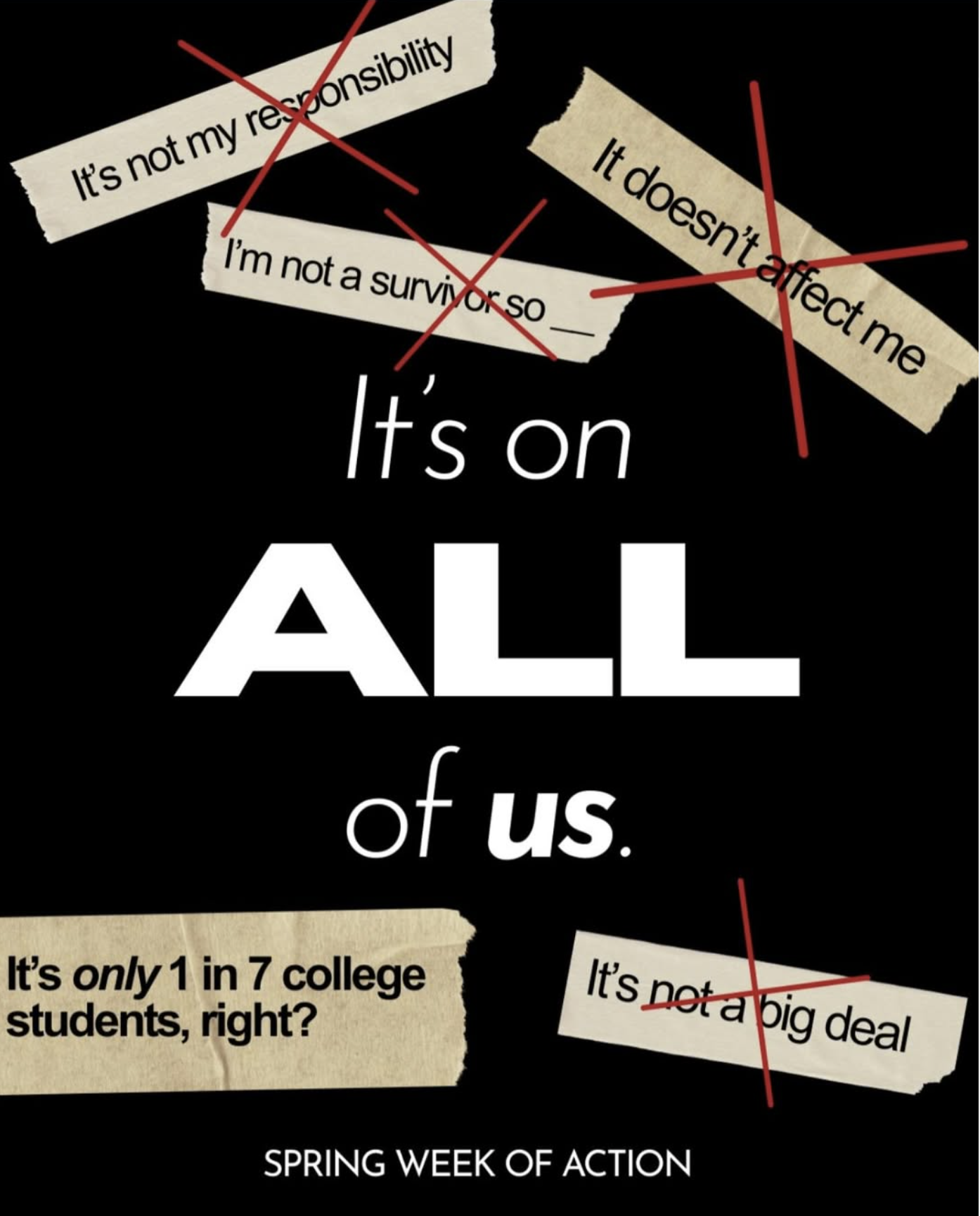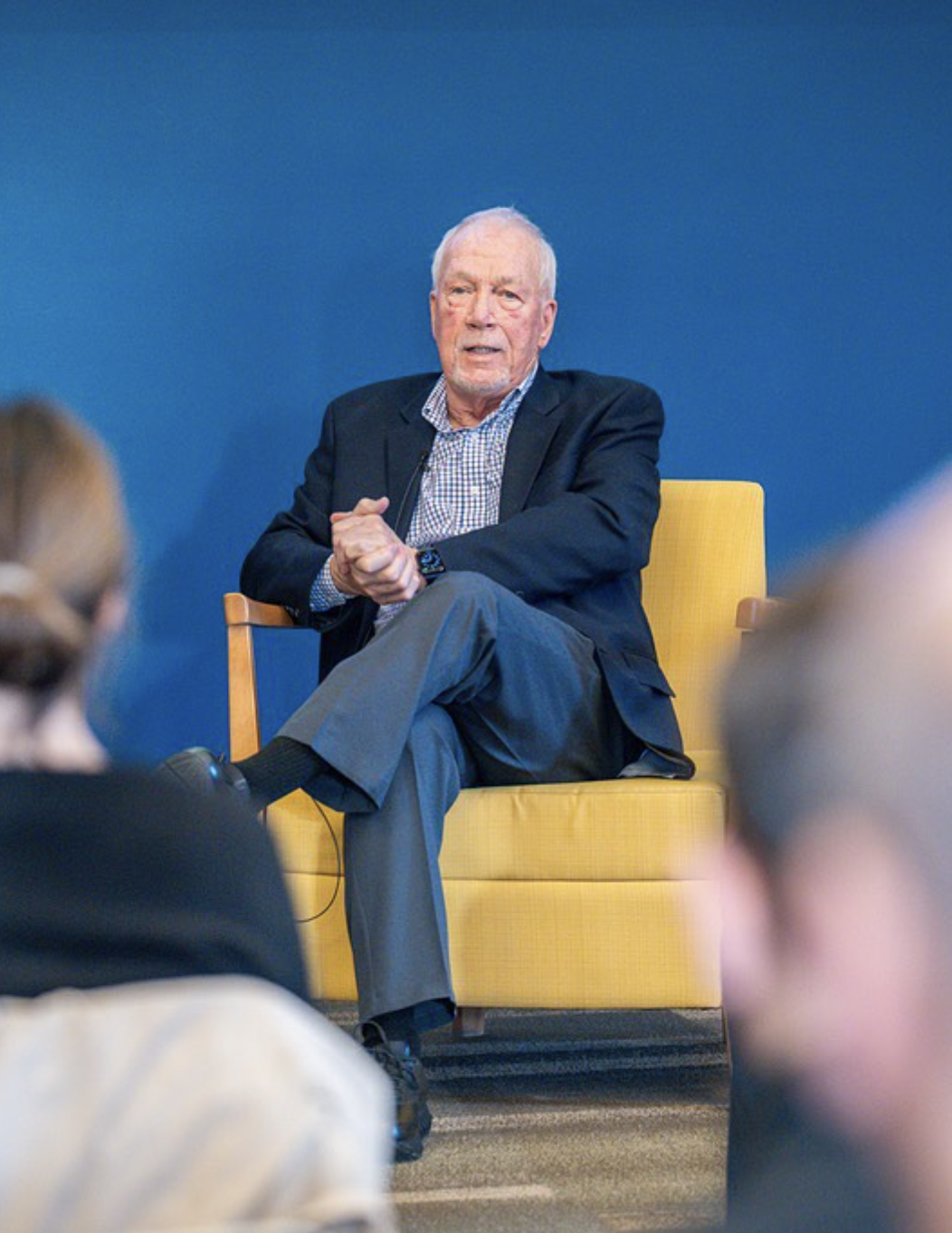In February, Camilla Cersosimo ’24 stood in front of the Rhode Island State House and shared the testimony of a University of Rhode Island research program that changed her life.
Although her speech on Feb. 14 spanned just eight minutes, Cersosimo spoke on behalf of all the undergraduates who’ve participated in the program – shedding light on a space that has enabled students from underrepresented backgrounds to conduct research in the biomedical field without having to simultaneously work part-time.
The program, called Maximizing Access to Research Careers Undergraduate Student Training in Academic Research, gave Cerosimo the opportunity to further pursue her interest in chemical engineering.
Moving to Rhode Island from the Dominican Republic at 18, she is the first of her family to pursue higher education, Cersosimo said. Having to work on her own to pay for her studies was extremely difficult.
“Joining the MARC program has been a game changer in my education for multiple reasons – the first and most obvious reason [being that], for the first time, it allowed me to focus my attention on research,” Cersosimo said. “Prior to joining the program, I had to split my attention between research and a part-time job.”
It was not just the fact that research was now available that made such a lasting impact on her career as a scientist, but more so the collaborative efforts and surrounding support from program leaders, according to Cersosimo.
“I think one of the most valuable aspects of the MARC program has been the mentorship and support I have received,” Cerosimo said. “[Niall Howlett] and Dr. Samantha Menick have been two of the most influential figures in my development as a scientist.”
President Marc Parlange and Interim Vice President for Research and Economic Development Bethany Jenkins accompanied Cersosimo at her testimony, which was presented to foster support for a bond that would fund a new life sciences building for URI, according to the MARC U*STAR website .
The main initiative of the project is to increase the number of students from underrepresented backgrounds in the biomedical sciences, according to MARC U*STAR’s program coordinator, Caroline Duane. A fairly prestigious program, with only four students being selected each year, experience provided is geared toward dedicated and passionate students looking to further their education past a bachelor’s degree.
The MARC U*STAR program awards selected students with monthly stipends and scholarships through funding from the United States National Institute of Health , according to Duane.
“As far as opportunities go, it’s really helpful for students to have a two-year research experience as an undergraduate when they’re applying to Ph.D. programs,” Duane said.
On a three-year graduation track, Elise VanLuinen, a third-year student double majoring in biotechnology and cell and molecular biology and minoring in chemistry, is entering her second year in the program.
“I don’t know if I would still be undecided about what I wanted to do after graduation if I hadn’t been in this program,” VanLuinen said. “Right now I’m applying to Ph.D. programs, so I’m hoping to jump right into one of them.”
Through its structure, the program allows students to better determine the type of research they are interested in conducting.
“It’s really reinforced what I want to do in my future,” VanLuinen said. “[MARC] just granted me so many skills, such as effectively presenting my research and communicating science in a way that’s interpretable to everybody.”
Students in MARC U*STAR either work collaboratively with a doctoral student or individually, depending on the lab they are in and the type of research being done, according to VanLuinen. In her project, VanLuinen has been working individually to study universal influenza vaccines.
The research involves developing a model of a protein-based particle resembling a virus to the immune system, VanLuinen said. The model being developed aims to give immunity against different types of influenza.
Students research their specific subsets for 15 to 20 hours a week in the lab during their first year in the program and spend the summer researching at another university, according to Duane. Following summer research, students resume in the lab.
“It is really helpful for them in making connections and getting to know what it’s like to do research full time,” Duane said.
Duane is also the program coordinator of the URI Enhancing Science Technology Engineering and Math Educational Diversity Program, an NIH-funded program similar to MARC U*STAR but for first-year and second-year students.
ESTEEMED eases students into the research process with the ultimate goal of having them graduate and go into the MARC program, according to Duane.
Both programs aspire to involve students in research, Duane said. As for MARC U *STAR, the program is aimed at getting students in the lab and ready for that next step toward a doctorate.
Interested students can learn more about the program by visiting the MARC U*STAR website .





